February 25 marks 100 years since the Bulgarian school in Hungary opened doors in Budapest. On this date, 18 Bulgarian pupils started their classes in the rented premises of the school. We learn more about the history of the institution from the current principal of the Bulgarian School for Native Language in the Hungarian capital, Svetla Kjoseva.
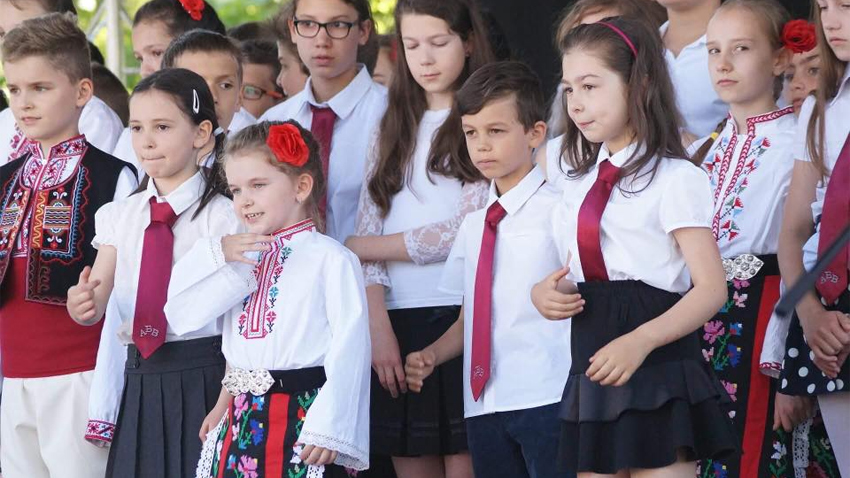
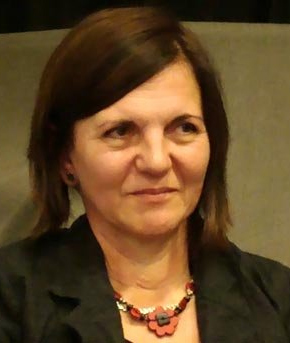 „The Bulgarian school in Budapest is one of the missions of the Association of the Bulgarians in Hungary. When it opened the Bulgarian ethnic community was much more numerous, and the first institutions emerged. Only four years after the inception of the oldest Bulgarian organization in Hungary a decision was made to open a church-school commune – a church and a school. The words of the first chairman of the Association of the Bulgarians in Hungary Lazar Ivanov were emblematic: ‘The future is built not only with a mattock but with faith in God and with eyes wide open. And eyes are opened by education.’ This powerful start predestined the long history of the school which has existed in different ways during different periods but has invariably been an important part of the Bulgarian community in Hungary, one of the pillars of its survival. For a long time the school was financed with donations of Bulgarians. The Association was renting rooms in different Hungarian cultural centers, raised funds to pay for heating, hired teachers and supported poorer families, so that their kids could be able to visit classes. A radical change took place after World War II when the school was taken over by the Bulgarian Ministry of Education. That period continued until 2011 when the Ministry of Education withdrew but this has not spelled the end of the educational mission of the Bulgarians in Hungary. Shortly before that, in 2004, taking advantage of the opportunities provided by Hungarian law, the Bulgarian republican self-rule created the Bulgarian School for Native Language which is the only educational institution for the Bulgarians in Hungary today. I should like to point out that it is not a traditional Sunday school, because it is part of the Hungarian educational system. This implies that children are free to transfer their marks to Hungarian schools and take a matriculation exam in Bulgarian as they graduate.”
„The Bulgarian school in Budapest is one of the missions of the Association of the Bulgarians in Hungary. When it opened the Bulgarian ethnic community was much more numerous, and the first institutions emerged. Only four years after the inception of the oldest Bulgarian organization in Hungary a decision was made to open a church-school commune – a church and a school. The words of the first chairman of the Association of the Bulgarians in Hungary Lazar Ivanov were emblematic: ‘The future is built not only with a mattock but with faith in God and with eyes wide open. And eyes are opened by education.’ This powerful start predestined the long history of the school which has existed in different ways during different periods but has invariably been an important part of the Bulgarian community in Hungary, one of the pillars of its survival. For a long time the school was financed with donations of Bulgarians. The Association was renting rooms in different Hungarian cultural centers, raised funds to pay for heating, hired teachers and supported poorer families, so that their kids could be able to visit classes. A radical change took place after World War II when the school was taken over by the Bulgarian Ministry of Education. That period continued until 2011 when the Ministry of Education withdrew but this has not spelled the end of the educational mission of the Bulgarians in Hungary. Shortly before that, in 2004, taking advantage of the opportunities provided by Hungarian law, the Bulgarian republican self-rule created the Bulgarian School for Native Language which is the only educational institution for the Bulgarians in Hungary today. I should like to point out that it is not a traditional Sunday school, because it is part of the Hungarian educational system. This implies that children are free to transfer their marks to Hungarian schools and take a matriculation exam in Bulgarian as they graduate.”
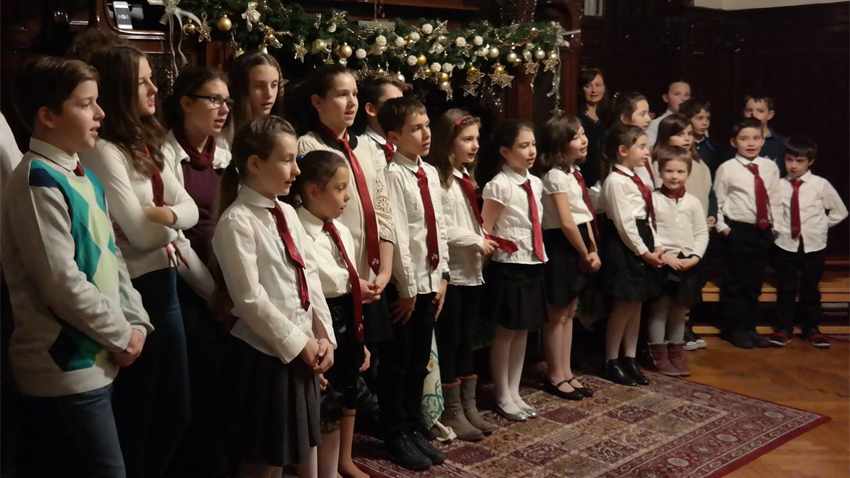
How many are your students and what textbooks do you use?
„They are close to 100. Currently we have 98 students – from the 1st to 12th grades. We also have a pre-school group”, explains Principal Svetla Kjoseva. “The issue with textbooks is very complex. It is hard to find a textbook that matches the needs of children with different levels of command of the language – we admit pupils who do not speak Bulgarian at all and they begin to study it with us. So, we cannot do with one textbook. We use some textbooks and materials from Bulgaria. In the recent years we have been able to publish our own textbooks thanks to the Hungarian authorities and our participation in a European project. For the time being we use own textbooks in the first and second grades; we have provided own exercise books and handbooks until the 8th grade as well as a full set of textbooks in Bulgarian Civilization – the is a miscellaneous subject supporting the teaching of Bulgarian history, geography and folklore, the history of the local Bulgarian community, minority rights and their role in the state. We use many sources and present-day aids. There are diverse options today to make learning fun and accessible for all kids.”
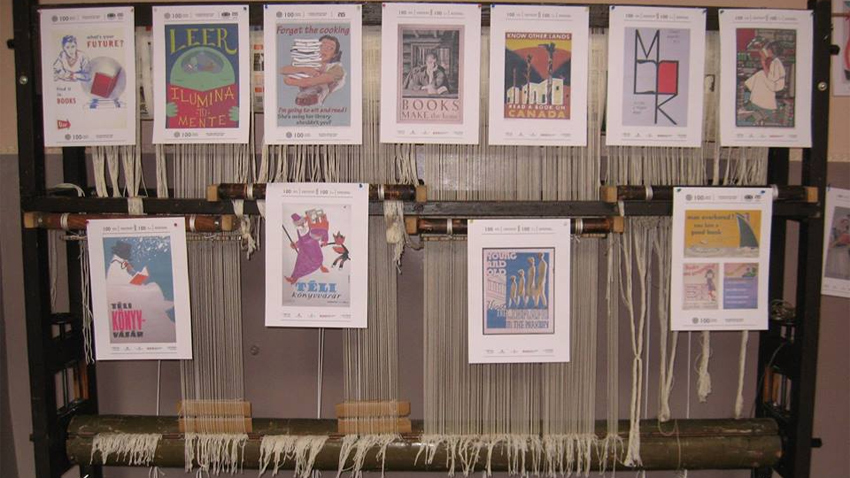
Today is a memorable day. How will you mark it?
„Today we open celebrations dedicated to the centenary of the school. Since it has traveled to a number of schools in Budapest before settling in today's building, we will take a tour of these buildings, some of which have memorial plaques where we will lay wreaths. We have also declared a competition among our students, in which more than 70 children took part with paintings and essays dedicated to the anniversary. First, we will open an exhibition with their works, and will give awards. We have prepared a display telling the story of the school. The 28th and 29th of September 2018 will be central to centenary celebrations. We are expecting many guests but I would like to invite all former students and teachers, people who are connected with the school and are in Bulgaria and around the world to come and attend. We expect many guests from the Association of Bulgarian Schools Abroad, as well as official representatives of Bulgaria and Hungary."
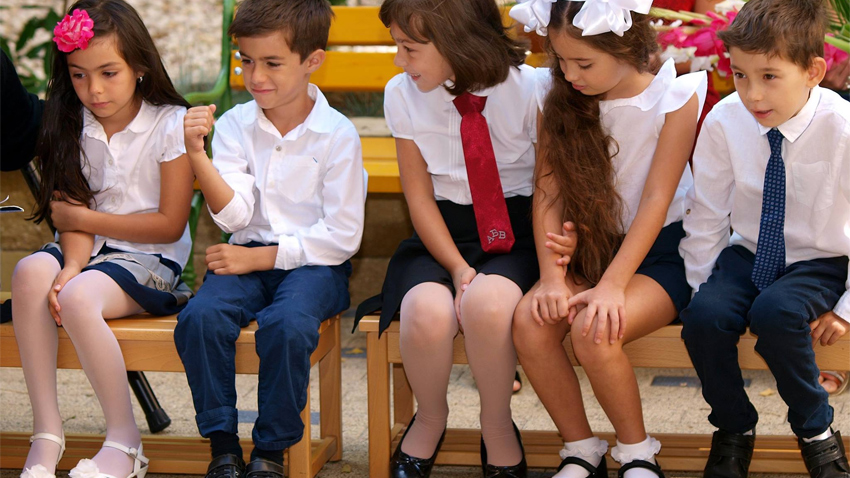
English Daniela Konstantinova
Photos: private library and BTAOn 25 January 1935, Tsar Boris III signed the decree establishing the Bulgarian National Radio. The document, which officially marked the beginning of "Radio Sofia", as the Bulgarian National Radio (BNR) was then called, made radio broadcasting in Bulgaria..
The Federation of European Carnival Cities has declared Pernik a global center of masquerade traditions. 16 years ago, Prenik was named the European Capital of Sourvakar and Mummer Traditions, and nearly 10 years ago, the Surva festival was..
Bulgaria ranks last among EU Member States in terms of life satisfaction. This is according to Eurostat data for 2023 published today . With an average level of the Community indicator of 7.3 points out of 10, Bulgaria scores 5.9. Finland tops the..
The Federation of European Carnival Cities has declared Pernik a global center of masquerade traditions. 16 years ago, Prenik was named the European..
On 25 January 1935, Tsar Boris III signed the decree establishing the Bulgarian National Radio. The document, which officially marked the beginning of..

+359 2 9336 661
